Water Crisis : The Current Scenario Of The World
May 17, 2019 • 27 views
" Without water, there is no life. "
It has been an old saying for many centuries.
And it is really apt if we would compare it with our present scenario.
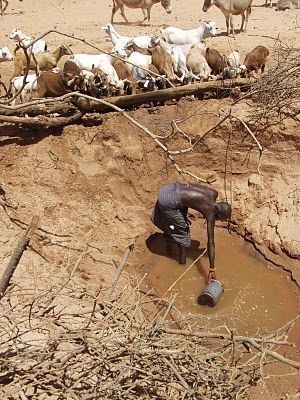
Water crisis : This problem does not seem as complex as it sounds. But it is.
Someone who has 24x7 access to water, RO purified water to drink, refrigerated water and drinks for summer and lukewarm water for winter. For them, water crisis is more or less similar to an iPhone with a low data speed. You need a lot of patience to refresh feed, surf internet or download videos.
But someone who has faced this situation, only he/she knows how severe water crisis is and how grave the situations become.
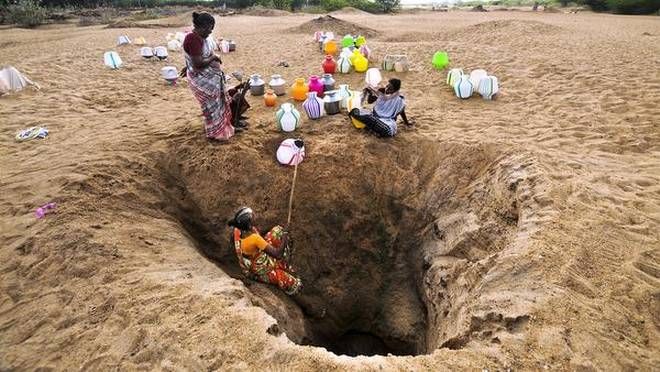
In some areas, the situations worsens to such an extent that people even risk their lives for sake of 2 buckets of water, that will quench the thirst of their family members.
In some areas of Maharashtra, Andhra Pradesh, Karnataka and Tamil Nadu, the condition is really pitiable.
People don't have access to freshwater there. They are dependent on the little amount of water whatsoever is left at the extreme bottom of an almost dried well.
In a village of more than 5000 residents, how many people would be able to quench their thirst from that source of water, whose existence is a question in itself.
And even that water is polluted to such an extent that even after boiling and filtering, the water does not becomes completely fit for drinking.
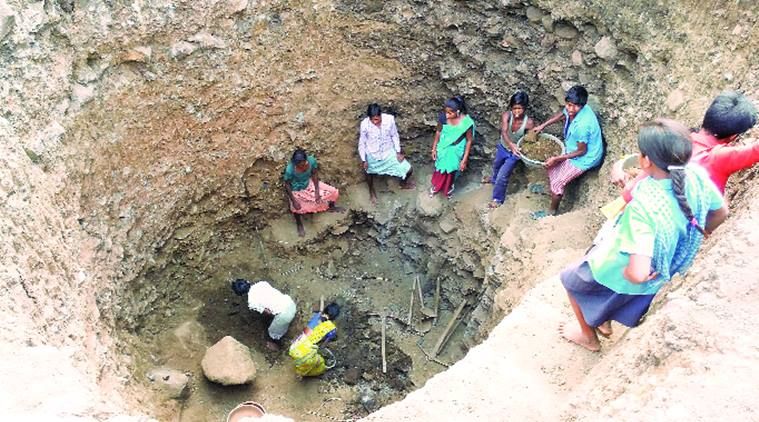
But at such a place, where getting even one pot water is considered a matter of sheer luck, no one seems to care about the quality of water, forget about its purity. People are so helpless that they prefer to drink even that dirty water because doing so will lead to illness but not doing so will eventually lead to their death.
In some parts of Uttar Pradesh, Madhya Pradesh and Rajasthan, the water is infused with many dangerous chemicals, thanks to the high content of lead, arsenic and magnesium in the soil as a result of soil pollution and industrialisation, that is almost equivalent to drinking poison.
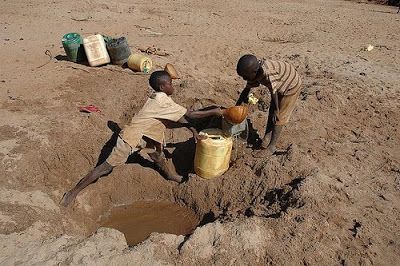
So here, the people are left with only two options : either drink that water and die of cancer or don't drink water and die of dehydration.
People choose the former option and that is the reason no resident in these villages has a life expectancy of more than 60 years.
The Government had sold their lands to big corporate builders and no compensation has been given to them even after 25 years. They even protested against this policy of Government and the injustice that they were subjected to, on Jantar Mantar for many years but it didn't make headlines in any News Channel.
Their pleas remained unheard and they were forced to drink that poisonous water.
Till date, no solution of such problems has been found.
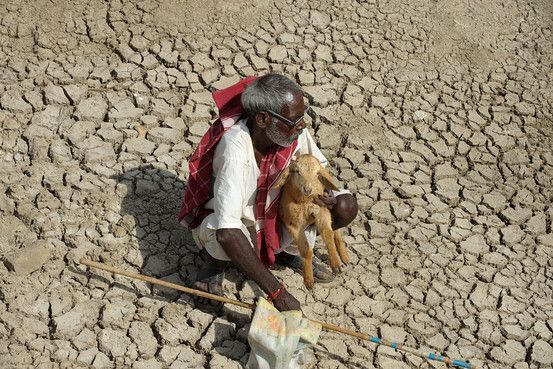
On our part, we can do something to help them.
And the most important part that we can contribute from our side is saving as much water and planting as much trees as we can.
Because, if no steps would be taken judiciously, then the next World War would be the one fought for Water.
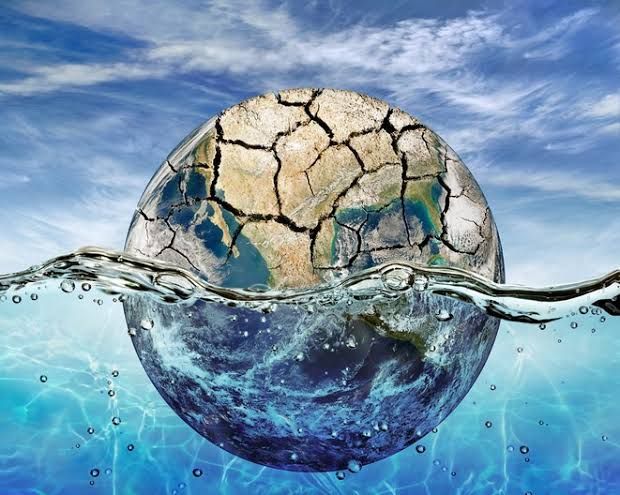
And never forget that,
For every drop of water that we waste, there is someone dying for water.
